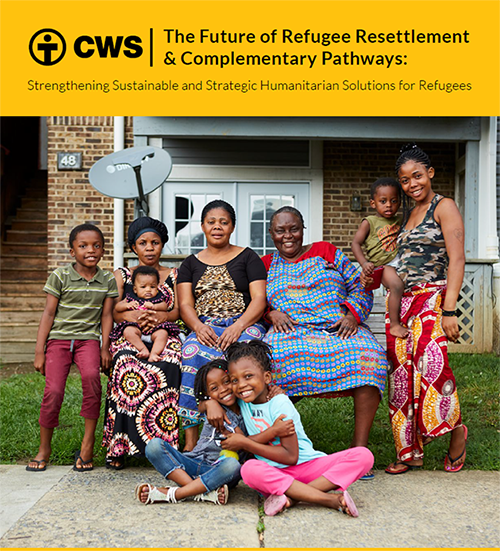 The global humanitarian and refugee protection system is facing significant challenges. Despite renewed international commitment to finding durable solutions for refugees, including resettlement and complementary pathways, most of the 1.4 million refugees in need of resettlement as a durable solution in 2020 are unlikely to be resettled. The reasons for this ‘resettlement gap’ are many; though the political challenges are perhaps most visible on the international stage, there also exist significant structural and operational barriers limiting strategic, sustainable, and humanitarian refugee resettlement.
The global humanitarian and refugee protection system is facing significant challenges. Despite renewed international commitment to finding durable solutions for refugees, including resettlement and complementary pathways, most of the 1.4 million refugees in need of resettlement as a durable solution in 2020 are unlikely to be resettled. The reasons for this ‘resettlement gap’ are many; though the political challenges are perhaps most visible on the international stage, there also exist significant structural and operational barriers limiting strategic, sustainable, and humanitarian refugee resettlement.
A new study by CWS, The Future of Refugee Resettlement and Complementary Pathways: Strengthening Sustainable and Strategic Solutions for Refugees provides important analysis of the global operation of resettlement and complementary pathways and recommendations for improvement. Despite facing unprecedented challenges, the paper demonstrates how resettlement and complementary pathways can and should be strengthened to be better led, with power more widely distributed amongst refugees and civil society; organized, through enhanced coordination among all actors; funded with predictable, and sustainable commitments; and operated be more efficient and effective for those who need it most.
Download the full paper here. | See also the Executive Summary and Full Summary.
Learn more about CWS’s work with refugees and displaced communities here.
